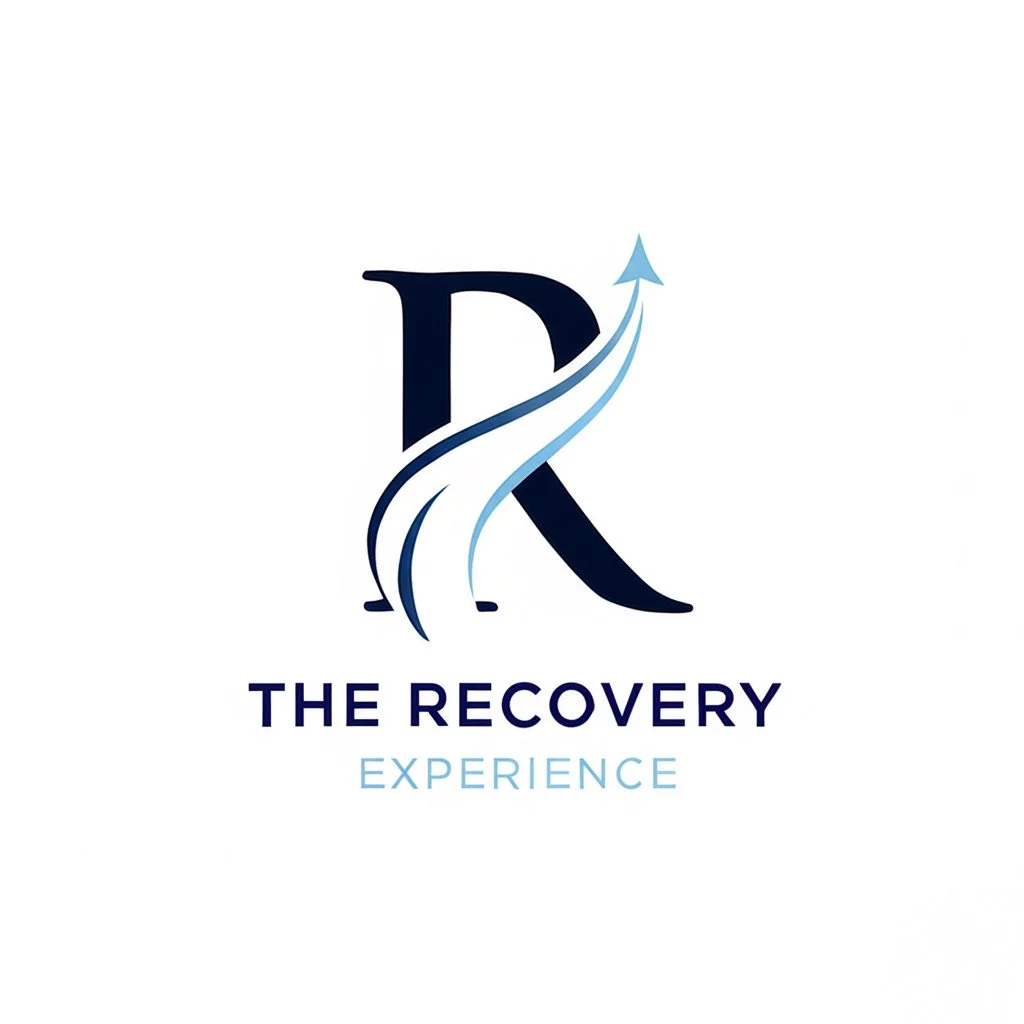The Gift of Presence: How Recovery Lets You Truly Be Here
From the fog of addiction or numbing, we often lose more than we intend. We lose time, clarity, connection, and the ability to truly be present for the people we love. Recovery is more than “not using” — it’s reclaiming your life, moment by moment.
1. Presence Means Showing Up — Fully
When you’re in the throes of addiction, being “there” often meant being physically in the room but emotionally absent. You might miss the small cues — a child’s subtle excitement, a spouse’s worry, a friend’s vulnerable look. Recovery gives you back the ability to feel, listen, respond.
You hear laughter clearly instead of it being muffled by your numbness.
You catch the tone in someone’s voice — the joy, the hurt, the longing.
You can pause, reflect, and offer what someone truly needs, not what you think they need.
2. Clarity Lets You See What Was Hidden
In addiction, much of our lives get blurred. Memories fade. Patterns repeat without us even noticing. As recovery unfolds:
You begin to recall details you’d long forgotten — a sunshine morning, a joke told at dinner, a moment of silence that felt good.
You notice patterns in family dynamics you never realized.
You see your own growth, not just in big milestones but in small shifts in thinking, feeling, relating.
That clarity allows you to course-correct, ask for forgiveness, rebuild trust, and invest in relationships more honestly.
3. Experiencing Life’s Moments — All of Them
Recovery doesn’t just return what was lost — it opens doors to what never was.
You’ll cry at a sunset because it’s beautiful, not because it’s been muted.
You’ll laugh until your stomach hurts — and remember why.
You’ll feel vulnerable, safe, amazed, scared — but most of all, alive.
These moments, once dulled by substances, become touchstones. They remind you why you chose recovery in the first place.
4. Being There for Family: Rebuilding Trust, Brick by Brick
One of the hardest parts of addiction is the damage done to relationships — broken promises, absences, emotional walls. But recovery gives you the opportunity to rebuild:
Listen without defensiveness. Let them talk. Let them hurt.
Own your part. You can’t change the past, but you can speak truth and offer amends.
Show up consistently. Small actions — being on time, doing what you say you will — create momentum.
Let them see your growth. When your behaviors change, trust begins to rebuild.
Over time, what was lost can transform into something more grounded, more real.
5. Gratitude for Each Breath, Each Day
It’s easy to wait for the “big wins” — anniversaries, career milestones, major reconciliations. But much of recovery lives in quiet gratitude:
Waking up sober, eyes clear, heart lighter.
Speaking a kind word to someone and meaning it.
Pause in the morning, feel the air, taste your coffee fully.
Celebrate the mundane — a day without cravings, a night of real sleep, a conversation without postponement.
Those small gratitudes weave together a life you don’t just get by — a life you want.
